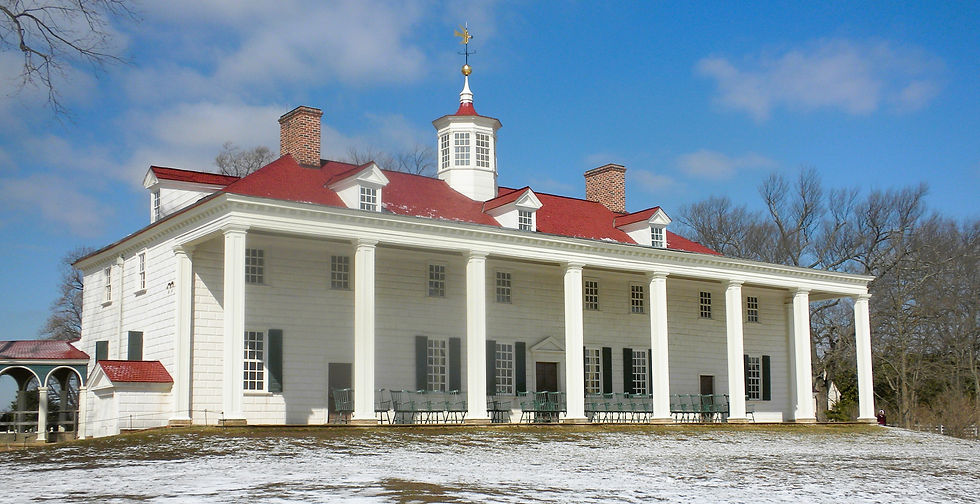Gratitude Friday 08/13/21 - The Long Walk of Empathy
- Bill Stauffer

- Aug 13, 2021
- 4 min read

“Walking a mile in someone else's shoes isn't as much about the walk or the shoes; it's to be able to think like they think, feel what they feel, and understand why they are who and where they are. Every step is about empathy.” ― Toni Sorenson
I have spent the better part of my life in a public service role, helping people get into recovery. Every minute of my work has been within the same public care system that was there for me when I needed help for addiction. In 1986, I walked into an outpatient drug and alcohol counseling center off of Pembroke Road in Bethlehem Pa, the town I grew up in. I was scared but knew I needed help. I found it. I met compassionate people, almost all of them whom were in recovery and could speak to the hope of a better life from their own life experience. I started to believe I could heal and that I was worth the attempt, in no small part because they believed in me and had walked that path ahead of me. I believed I was worthy of help because they believed I was worthy of it, way before I thought this of myself.
As the twists and turns of life often take, I ended up running that same program years later and after that the residential program it originated out of. I would joke with the staff and clients along the lines of an old commercial on TV. Not only was I the hair club president, I was also a client. I experienced those services from both sides of the door and either side of the desk. That life experience of also being a client made every difference in the world. I know what it is like to walk into a program filled with deep distrust, fear, self-loathing, and profound shame, all of which are byproducts of experiencing our society’s most deeply stigmatized condition, addiction. These days such lived experience in our care system is not nearly as common, it often looks to me like our institutions are trying to get rid of lived experience and make it harder for us to do the work. Implicit bias in play and easily visible for anyone who cares to look.
So much of my life has been spent in small rooms listening to others trying to walk their own paths into recovery, listening to very personal and sensitive matters and working hard to help people feel what I did when I got helped, that they are worthy and valued and that someone actually cares. The vast majority of people I have worked with over the course of decades have been marginalized by our society. Race, sex, sexual identity, economic status and criminal justice involved persons or combinations of these facets and more. One of the skills I have learned has been to deeply listen, and I know I have learned so very much about life from the people I have had the honor to serve over the years.
The standard advice people would give me when I became a helper was to not get close to the people I worked with. To not take work home with me. It sounds like great advice on one level, but on another level, one cannot be effective at working with people without deep empathy. This means caring, and it means listening deeply enough to feel their experience. Over three decades later, I can tell you I have no idea how to watch yet another tragic and senseless death from addiction in all its facets and then leave it at the threshold of my home. Of course it stays with me. The truth be told, I don’t know anyone who is effective at this work who does anything less than live with that loss and fight another day to prevent the same with yet another person or within yet another system or institution. It is the work.
One additional truth is that there are prices to pay for being a helper. Unless you shut yourself off, you end up hearing and seeing things that stay with you for the rest of your life. I see death and loss and suffering at times when my mind wanders. There has been so very much of it. Addiction is perhaps the most stigmatized condition one can have in our society. This stigma plays out in ways that result in disparate care, additional marginalization, and dehumanization. Not everyone makes it who tries to navigate this steep climb out of the hell that addiction is, some of the worst facets of this are from how people who have addictions are treated by our society. I have witnessed terrible discrimination and disparate care, it is baked into our systems. Pointing it out does not make one many friends. Because of the sense of deep empathy for the people I have served, I have worked as hard as I can to address discrimination and disparate care that are endemic within our care systems and our public institutions. How could I see and feel all that suffering and do anything less?
Empathy and caring is by no measure the easiest path in life, because it centers around experiencing another humans pain and suffering. Walking away from or walling oneself off from what is happening at first glance seems a much easier choice. On closer inspection, at least from my perspective one cannot remain fully human after walling off one’s own life from the suffering of others. Living in that way is also a hell on earth, and not one I care to experience. So yes, those of us who are empathetic, walk with and work to address what we see experience a tough road. Yet, today I am grateful to listen and to care and not wall myself off from the deep suffering of our marginalized brothers and sisters experiencing addiction. I am grateful for this path; despite its challenges it has many rewards.
What are you grateful for today?




Comments